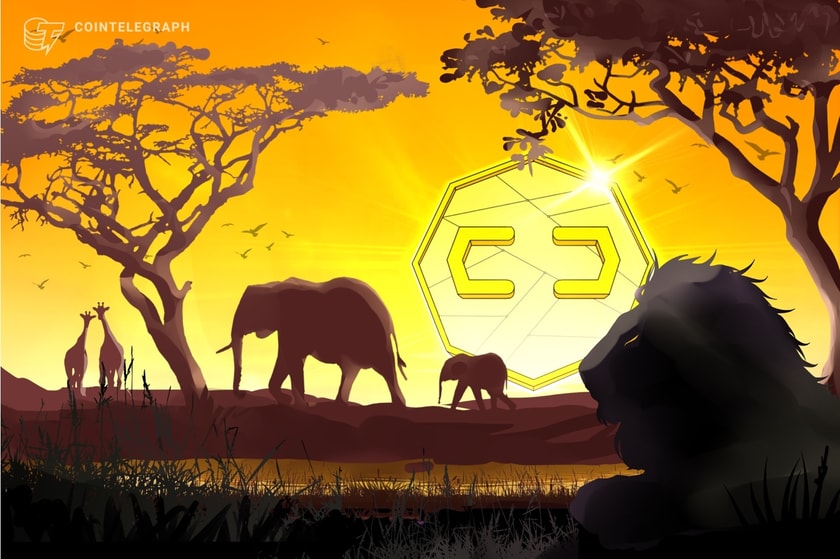In my youth, amid Ghana’s cocoa farms, I walked with my grandfather, a soldier turned farmer. He shared how these beans fueled our nation’s pride and economy. As the digital age unfurls, I often wonder: Could the modern marvel of crypto tokenization be the change my grandfather and countless cocoa farmers need?
Despite their vast agricultural and mineral wealth, many African countries face issues such as limited access to global markets, unfair trading conditions, lack of transparency in transactions and susceptibility to market manipulation. These challenges hinder economic growth, perpetuate poverty and prevent many Africans from realizing their full potential.
For decades, Africa’s economic potential has been stifled by external forces with vested interests. Colonial-era tactics of economic control might have faded, but modern neocolonialism is subtly pervasive. It thrives through unfair trade agreements, economic policies dictated by global financial powerhouses and a sheer lack of transparency in international dealings.
Related: An ETF will bring a revolution for Bitcoin and other cryptocurrencies
Take, for instance, Ghana’s government under President Nana Akufo-Addo, which has procured $3 billion in loans from the International Monetary Fund since 2017. While these loans might have temporarily filled coffers, they also deepened the country’s indebtedness.
Instead of seeking IMF loans, Akufo-Addo could have championed commodity tokenization. Tokenizing Ghana’s key commodities — such as gold, cocoa and oil — on the blockchain would create significant economic opportunities. In 2022, Ghana produced an estimated 3.7 million ounces of gold, valued at $6.7 billion; a record 689,000 tonnes of cocoa, valued at $1.65 billion; and produced oil at a rate of approximately 150,000 barrels per day.)
Considering the numbers, it’s conceivable that such an initiative in Ghana could enhance trade volumes for these commodities by several billion dollars. With the current market prices being $1,909 per ounce for gold, $3,340 per tonne for cocoa, and $82 per barrel for oil — and the possibility of significantly reduced transaction fees through tokenization, which could be as much less than traditional avenues, according to the Boston Consulting Group — the resultant economic activity from global trading could substantially increase Ghana’s revenue.
Tokenizing commodities, specifically Ghana’s gold reserves, presents a fresh avenue to drive the…
Click Here to Read the Full Original Article at Cointelegraph.com News…
























